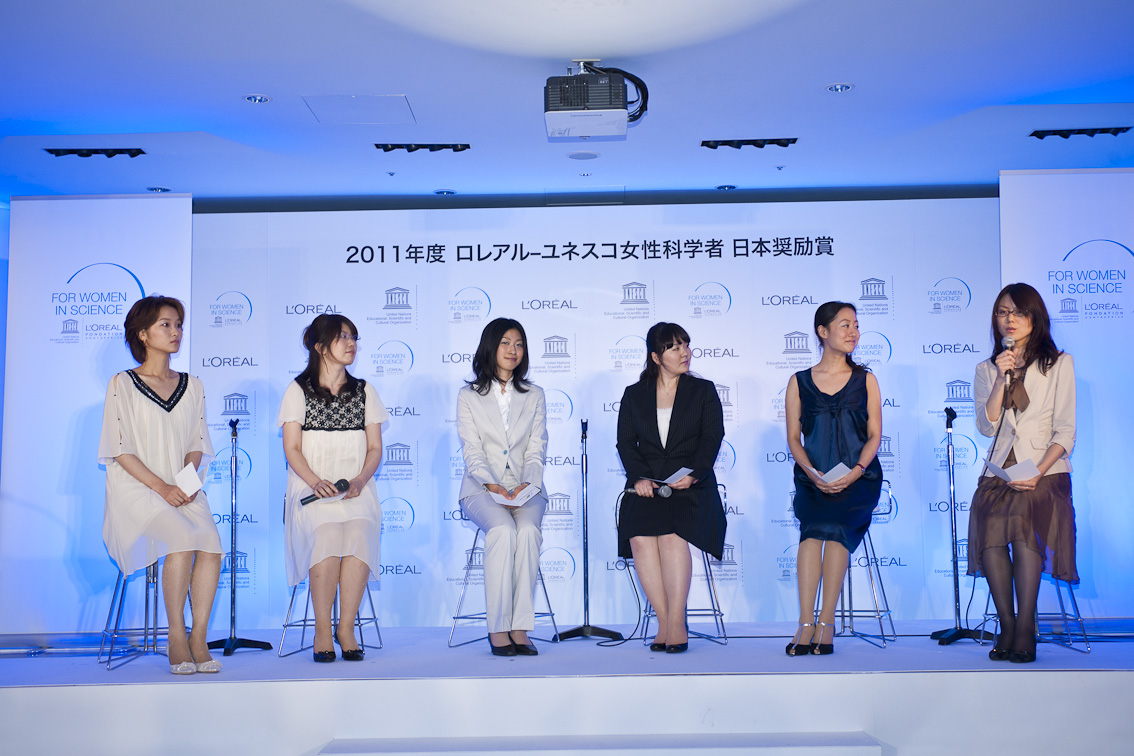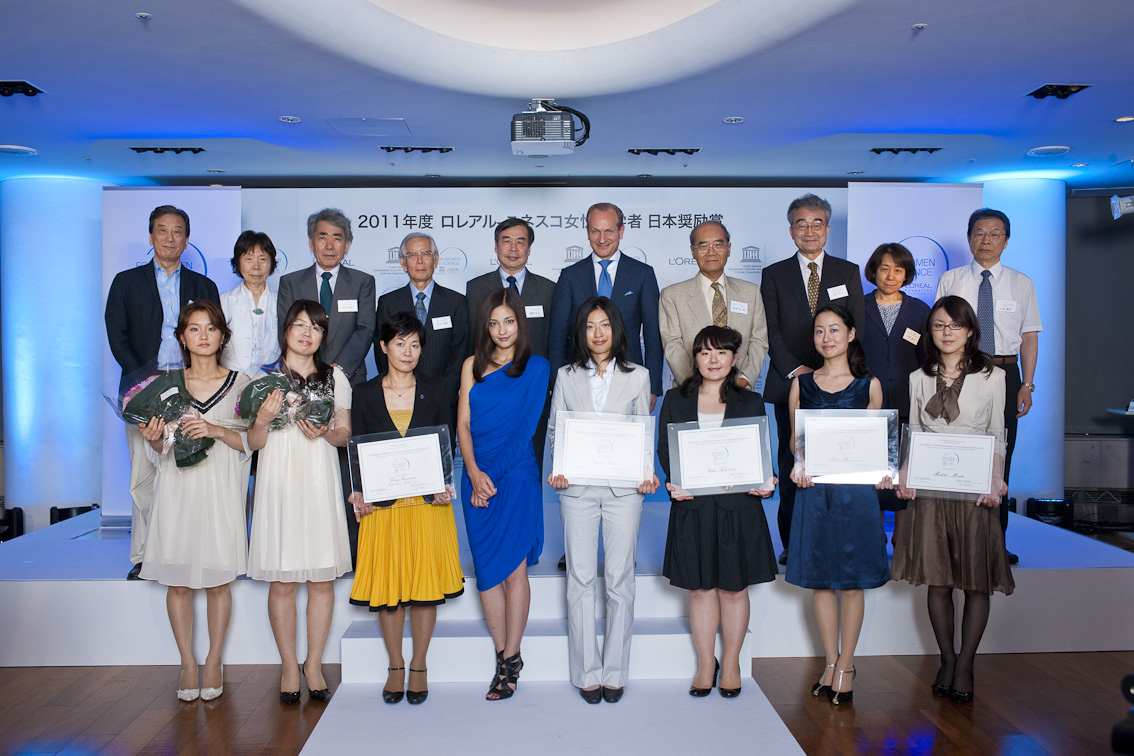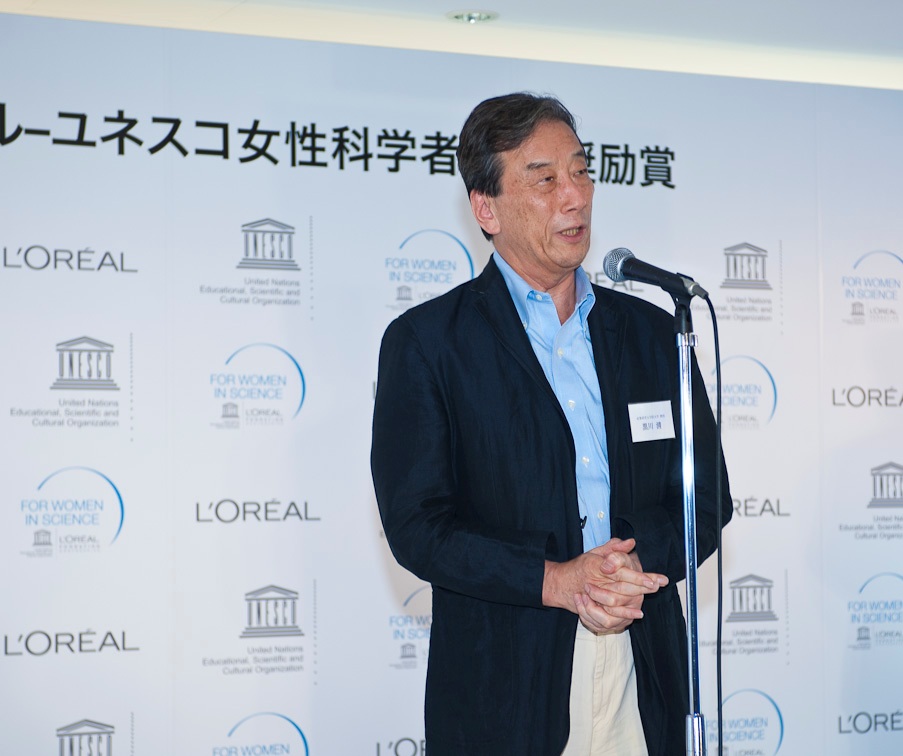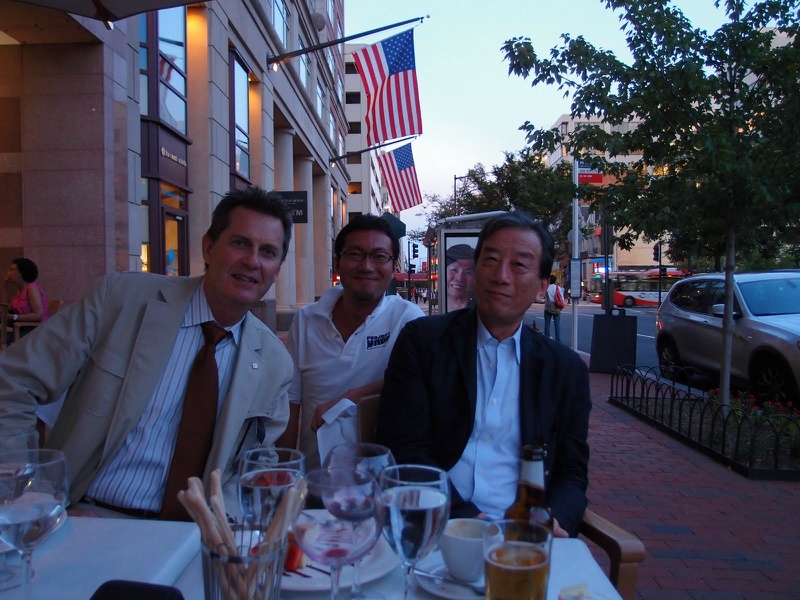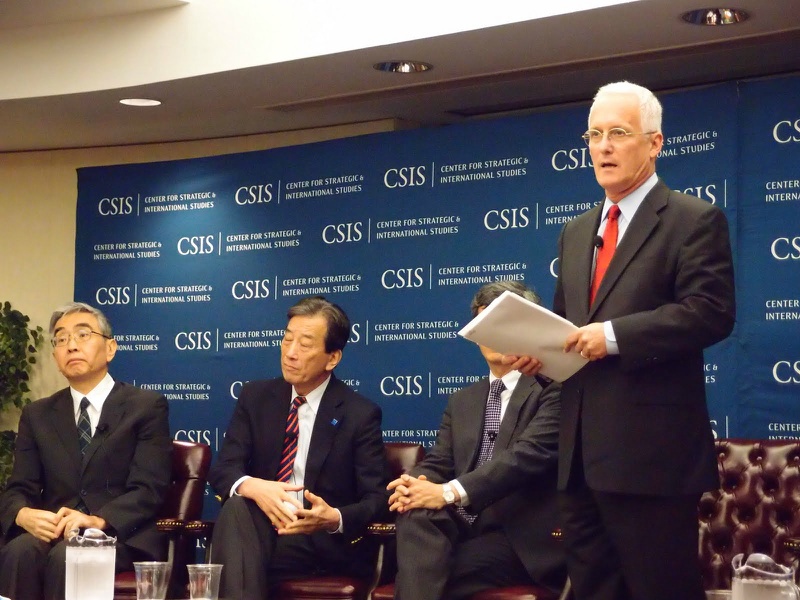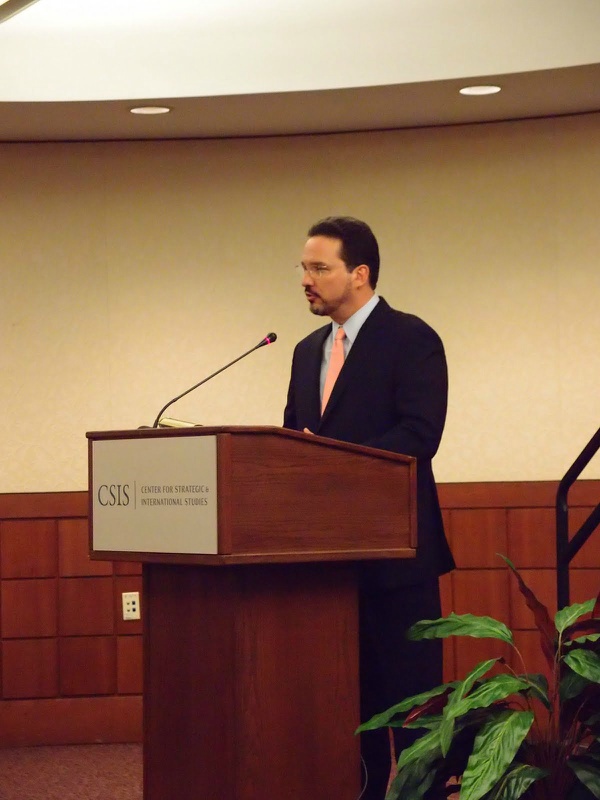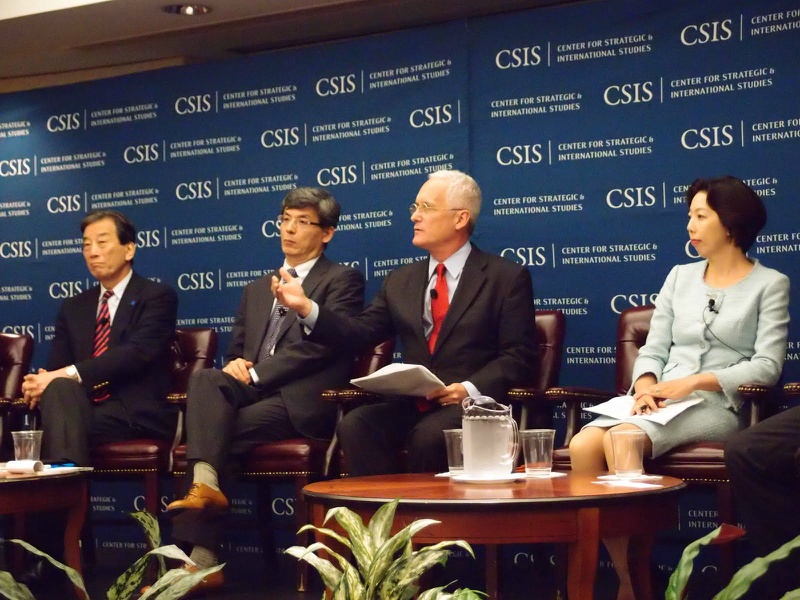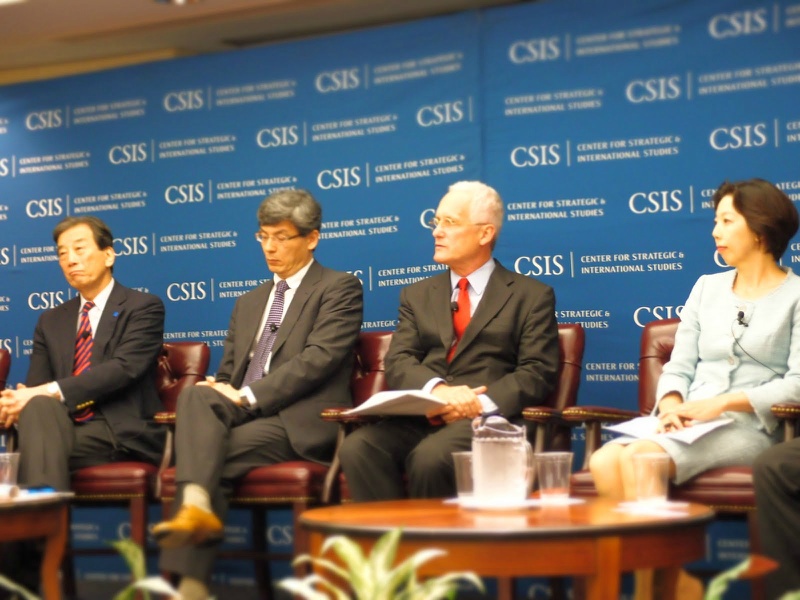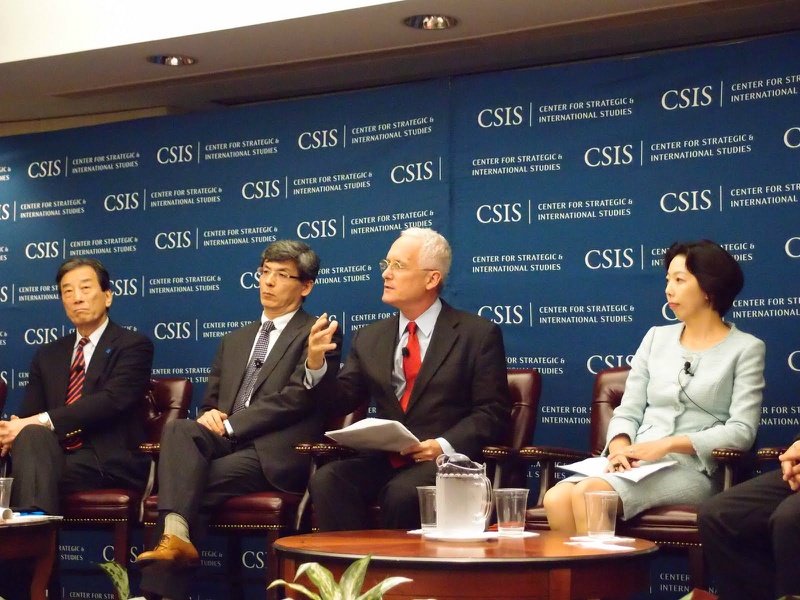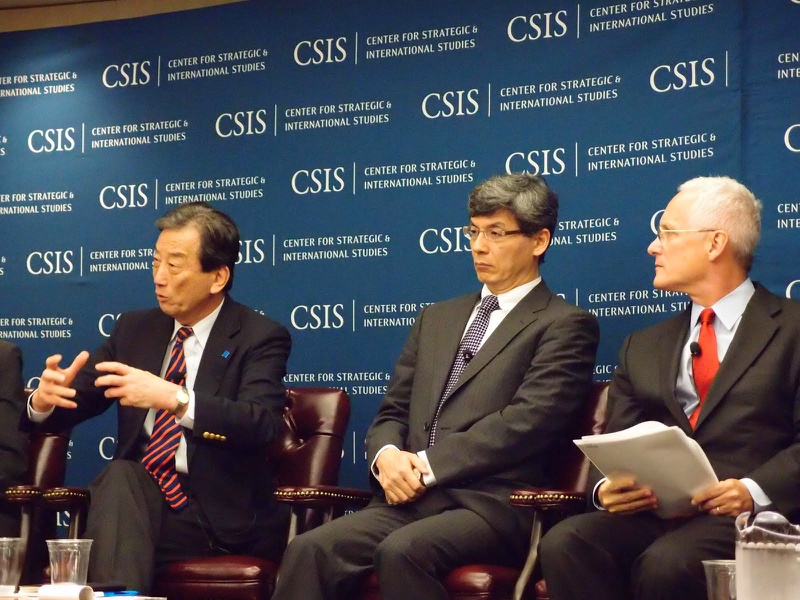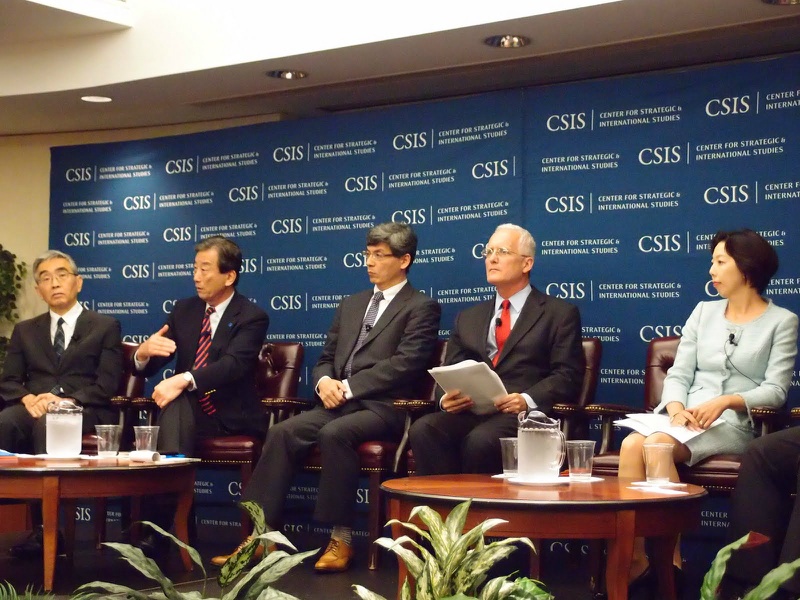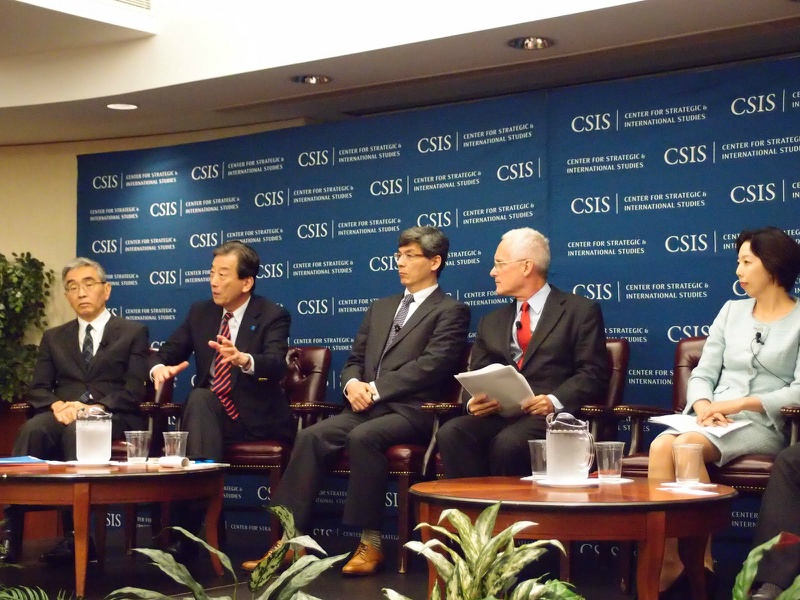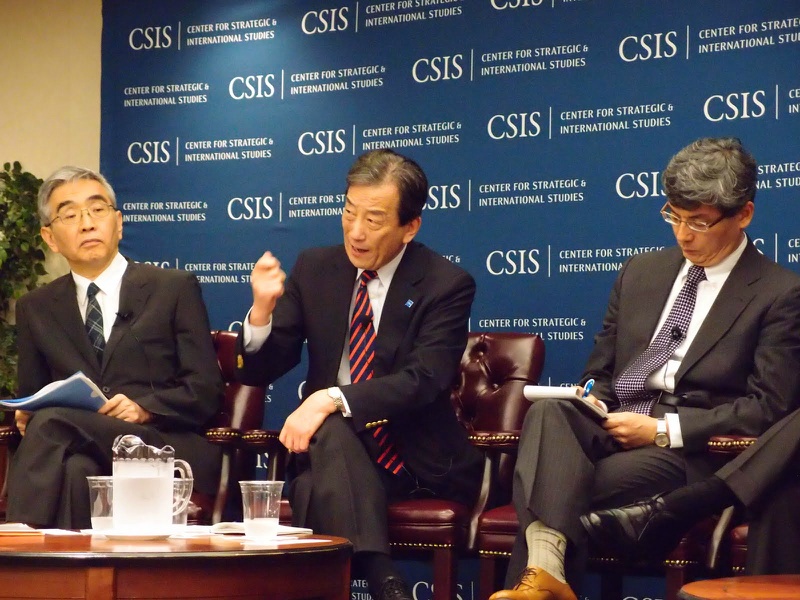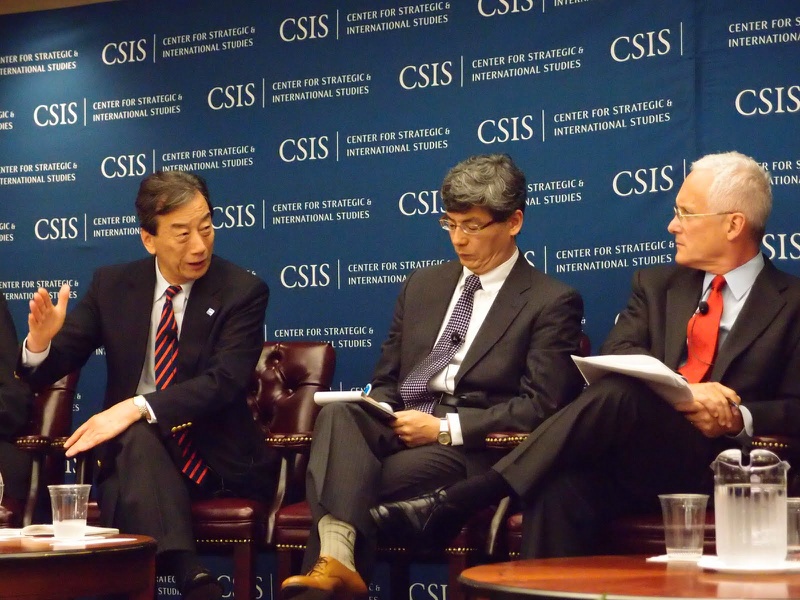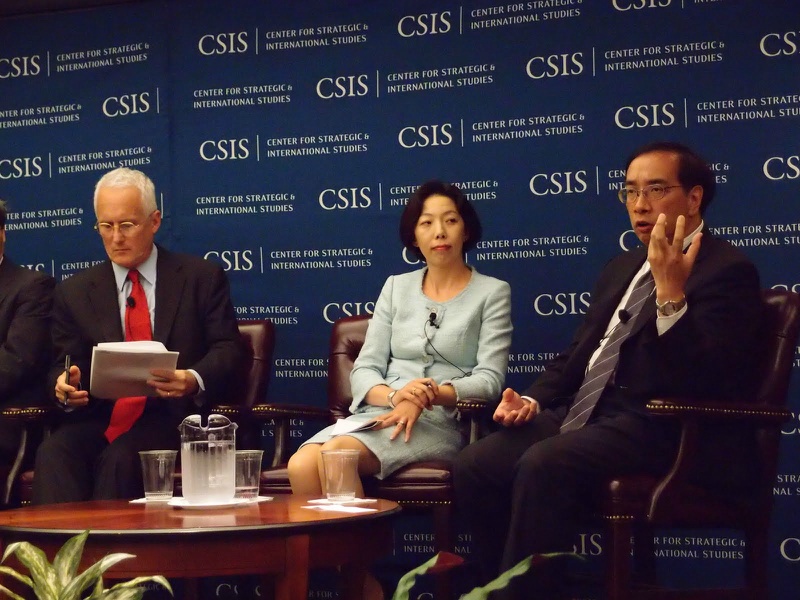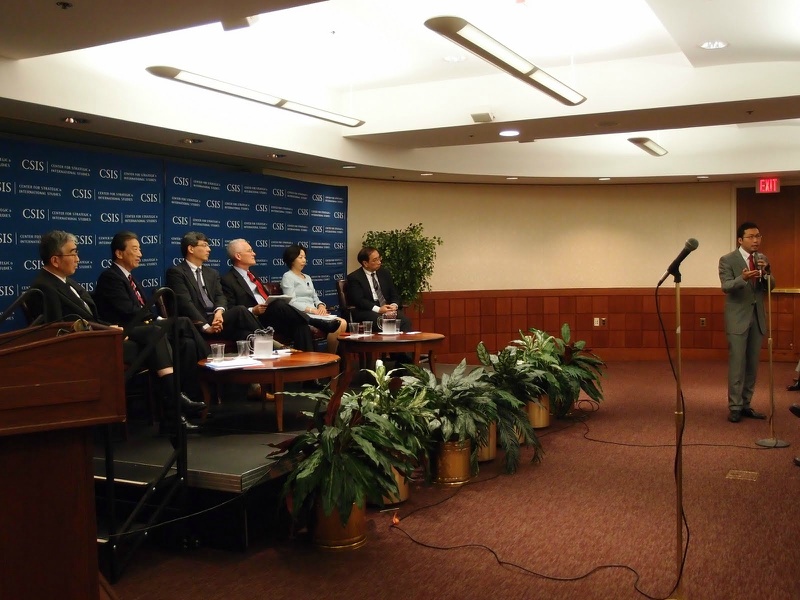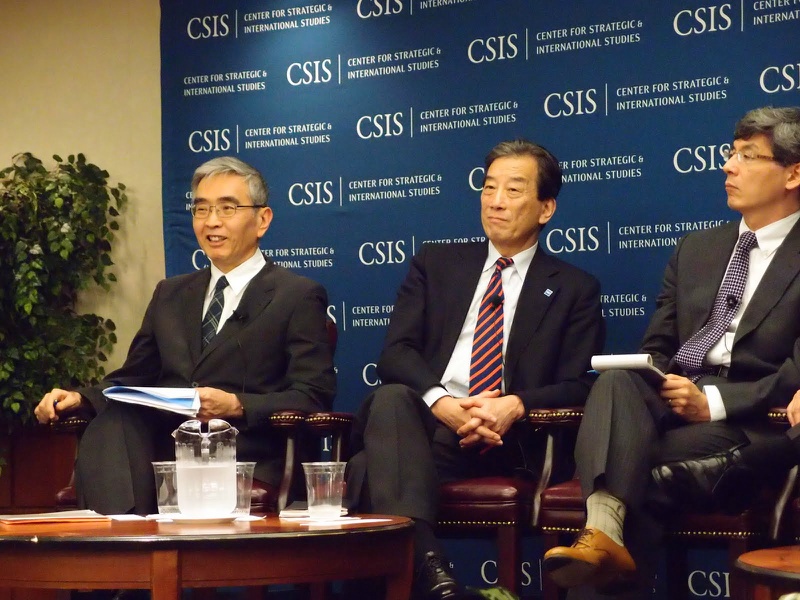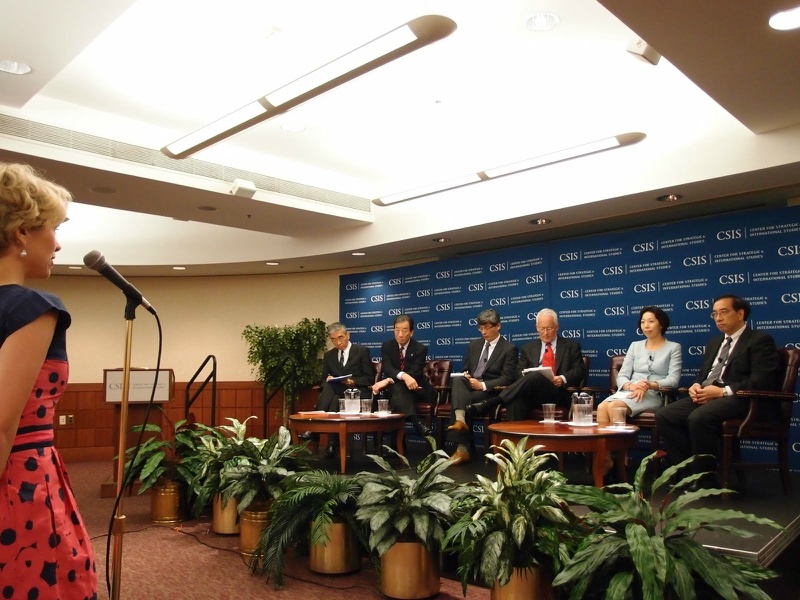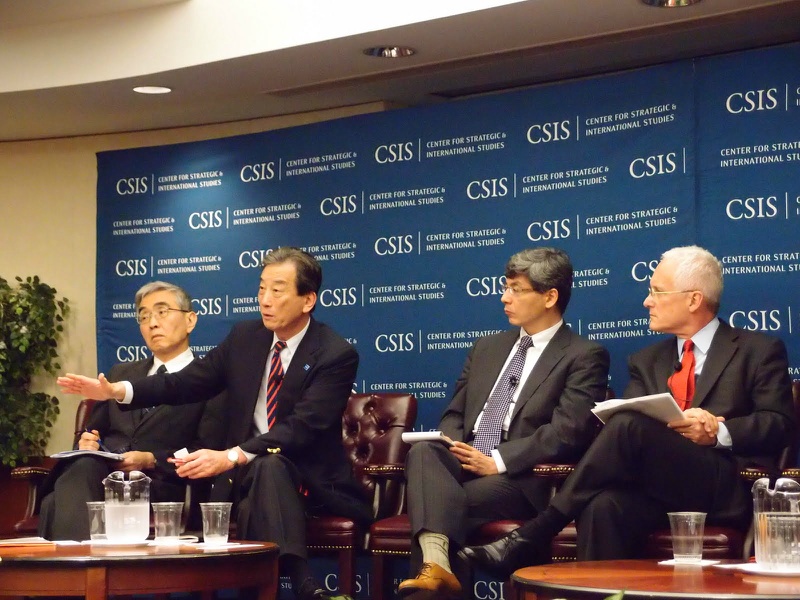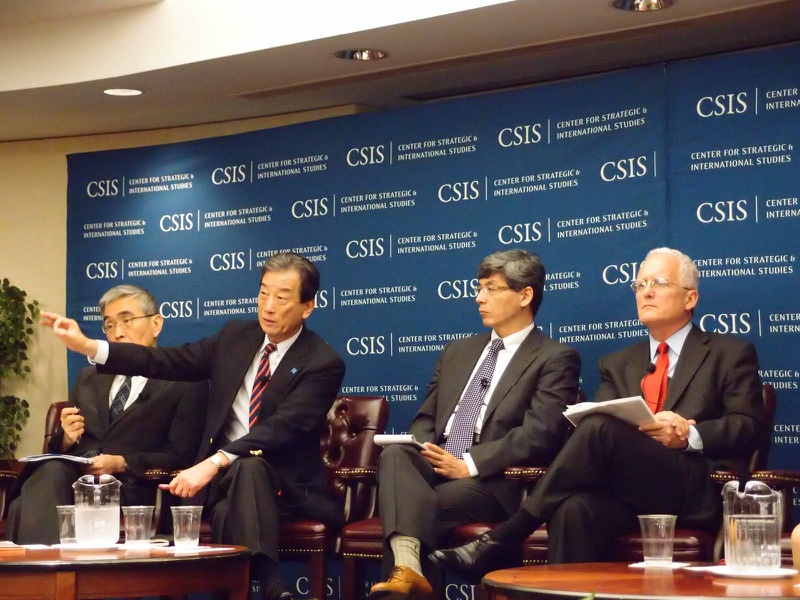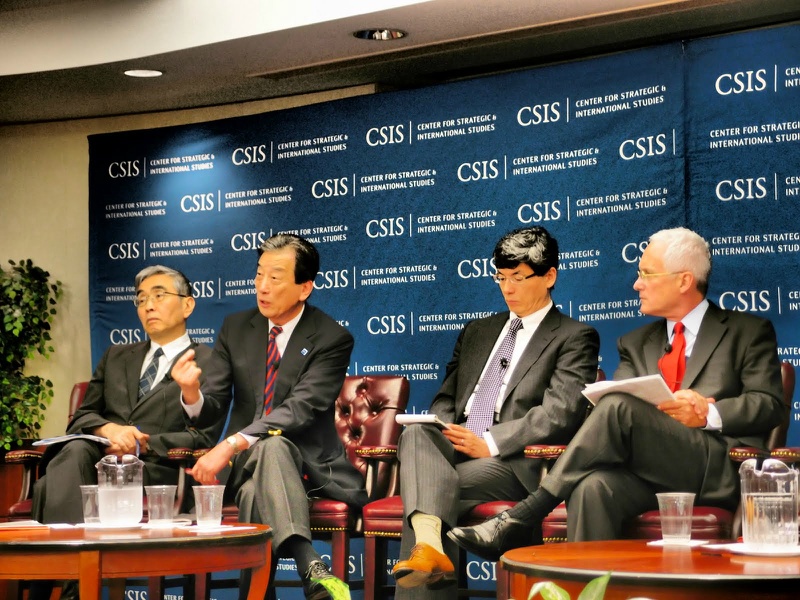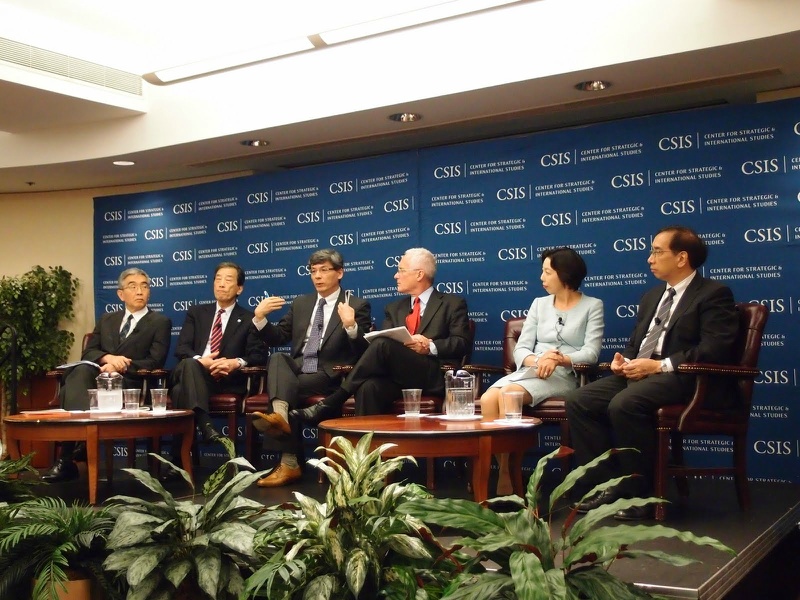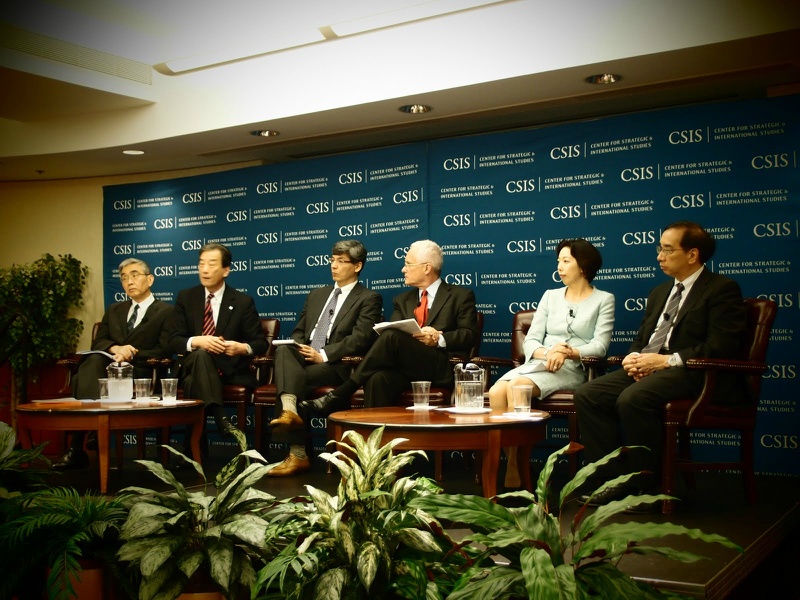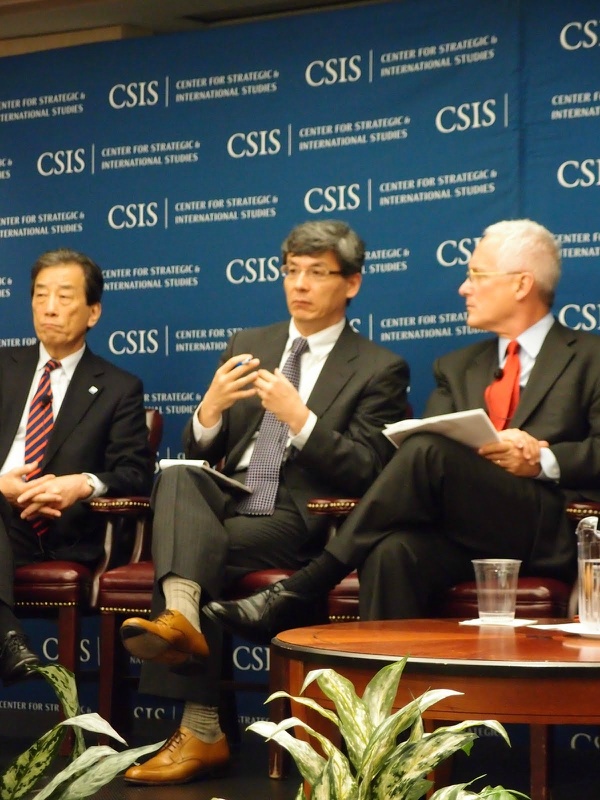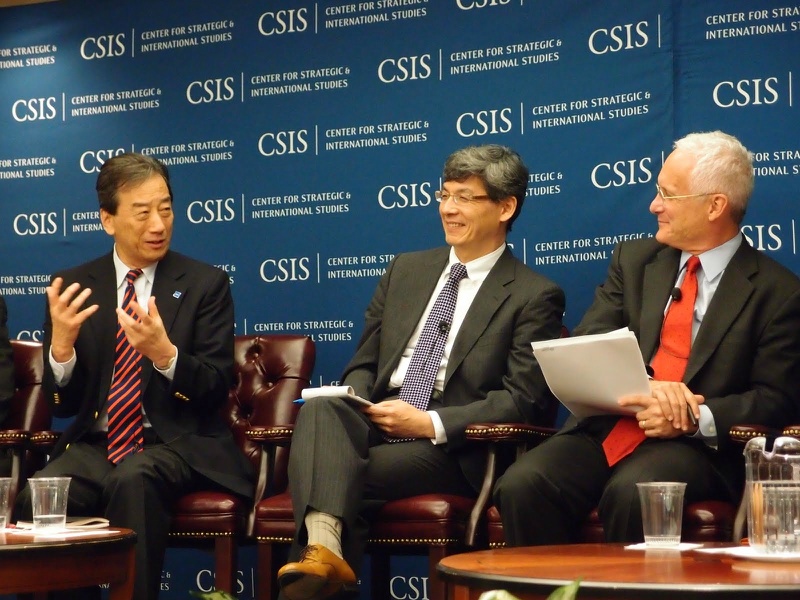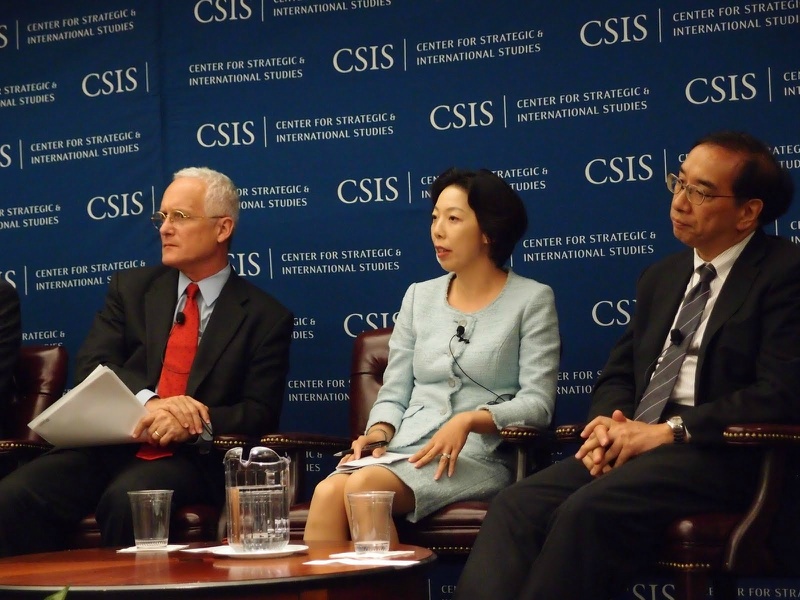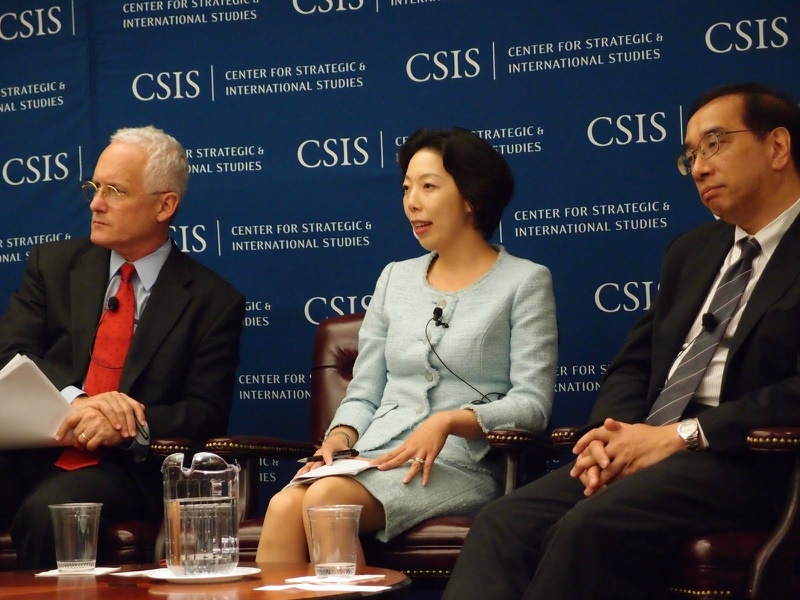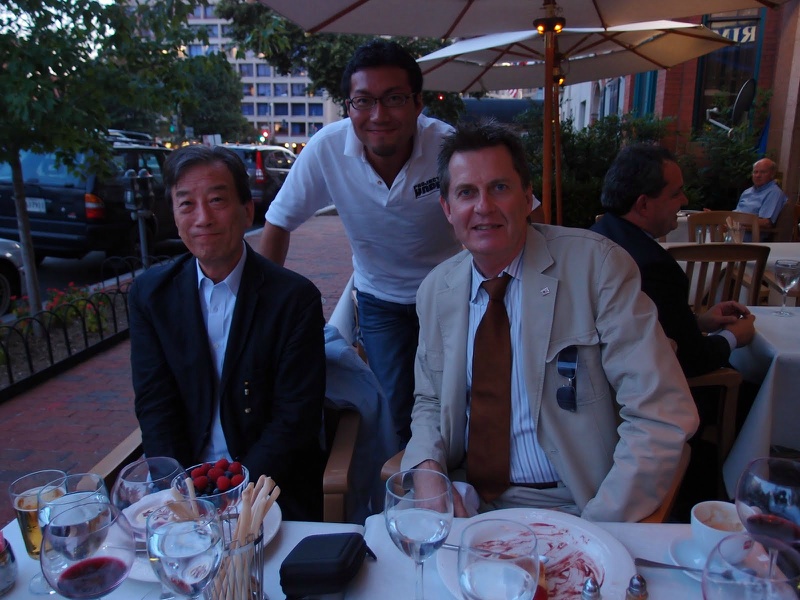→Japanese
Homare Sawa shot a miraculous heel shot goal, with just 4 minutes to play in the extra time, making the score even with the US. Click here for the video.
After returning home from Washington DC on Saturday, the 16th, I spend the next day fighting against the jet-lag. On Sunday the 17th, I watched on TV Darren Clark of Northern Ireland win the Championship at The Open in England. Darren Clark gained victory after 20 times of challenging The Open which made this victory even more heart-warming.. Yuta Ikeda from Japan did fairly well in the final round.
After midnight of the 17th, from 3:30 am on 18th, the final match with US, the number one ranked team of the FIFA Women’s World Cup kicked off. Since I did not want to miss this game, I took a short nap and started watching. I think that the US team could have been frustrated because their aggressive play did not produce any goal in the first half, with a score of ‘0 ? 0’ .. They might have been mentally tired a bit, too. Japan was actually in possession of the ball 53% of the time versus the US at 47%. The physical difference between the two teams was visibly clear, but Japanese players were doing their best to overcome it.
In the latter half, Ms Morgan ’s beautiful shot resulted in 1 goal. Japan of course fights back trying to score, but was unable to get the ball in the net. With only 10 minutes to go, Japan plays beautifully just in front of the goal and leveled the score with a goal.. The game thus goes into extra time with the score tied at 1 – 1.
In the first half of the extra time, Wambach scored with a heading shot.. This goal might have made the US side believe that they won. However, with just 3 minutes to go in the latter half, when the ball was corner kicked, Sawa caught it and shot a miraculous outside heel into the goal. This evened the score again at 2 – 2. Regulation time ended 3 minutes later.
So, next came the penalty shoot-out. I think the Japanese team was in a better mood. For some reason, the Japanese players were all smiling. The first 3 US players missed their shots. Ayumi Kaihori, the goal keeper, blocked the 1st and the 3rd shots. The success of the 4th player for Japan sealed a miraculous victory for Japan with a final score of 3 – 1.
What a game. What a big surprise! Both teams did great. Sawa, the captain of the Japanese team, had shown not only wonderful leadership, but also has done a beautiful job of being in the right spots at the right times throughout the game. For this effort works, Sawa was awarded the MVP and the Golden Boot. Truly a wonderful achievement.
I think the keys to this victory were their spirit of togetherness, and the good management by the head coach, Norio Sasaki.
I was impressed. It was truly a great game. Nadeshiko Japan moved us all in many ways. Thank you so much.
Many photos are uploaded here for you to enjoy.
The Nadeshiko team returned to Japan today with their faces shining with sense of achievement and happiness. They are truly wonderful women, our pride. I respect them deeply. Their victory has had also a huge impact and serves to encourage the people of Tohoku. Thank you, Nadeshiko Japan, for your wonderful work.
